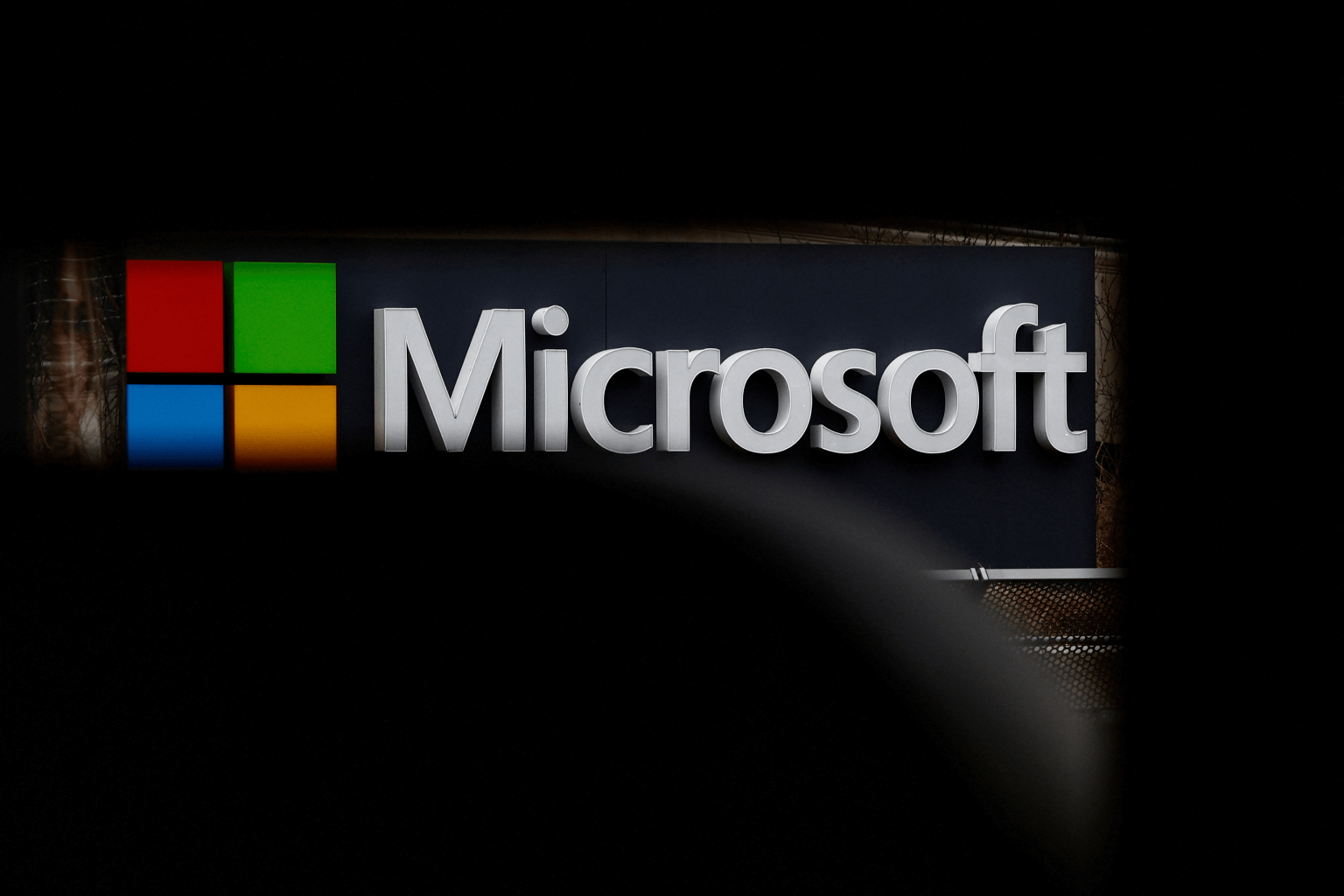
Microsoft’s retreat over its creepy Recall feature demonstrates its AI strategy is far from intelligent
Microsoft released Copilot+ PCs, which are the fastest and smartest Windows computers made for AI. They come with Recall, a controversial memory aid that takes screenshots and stores them for simple searching. The program’s default settings changed due to privacy concerns.
Yusuf Mehdi, a cove who is proud to be Microsoft’s executive vice president and chief marketing officer for consumers, launched Copilot+ PCs on May 20. Copilot+ PCs represent a new category of Windows computers specifically designed for AI.
These are “the fastest and smartest Windows PCs ever built” and will “let you do things you can’t do on any other PC.”
What kinds of things? So why not create and improve AI images on the computer in almost real-time? How about overcoming language barriers by translating audio from more than 40 languages into English? You can also simplify the process of finding and remembering what you’ve seen on your PC. Okay? This amazing memory aid is called Recall. Your computer takes screenshots in the background while you work.
Then, Microsoft’s Copilot+ machine-learning technology scans (or “reads”) each of these screenshots, creating a database on your computer that you can search and save.
This lets you search for a website you’ve visited and something you read or saw there. You saw that jacket on a tab a few weeks ago, but you can’t remember who sold it. However, the AI knows about jackets and can locate them.
But of course, you can also remember things in other apps on your computer, like the full-text passwords you used to log in to your bank account or a site with a paywall.
As Mehdi put it, “Recall is like giving everyone who buys a Copilot+ PC a photographic memory.” “You should be able to find pretty much anything you’ve ever seen or done.” What’s not to like?
It turns out to be a lot of work. Some people thought of The Entire History of You from the first season of Black Mirror as soon as Recall came out in preview mode. In this very futuristic society, everyone has an implant that records everything they see, hear, and do.
The story doesn’t end well. Right away, security experts became more wary, especially when they learned that Recall was turned on by default and had to be disabled by going into Windows’ settings. The UK Information Commissioner’s Office reportedly spoke with Microsoft about the Recall.
The sci-fi author and tech critic Charlie Stross called it a privacy “shitshow for any organization that handles medical records or has a duty of legal confidentiality; indeed, for any business that has to comply with GDPR” (general data protection regulation).
He also said, “All of a sudden, every PC is a target for discovery in court cases.” Lawyers can demand to see your recall database and search it. Not only can they search email, but they can also search for words used in Teams, Slack, or Signal messages, and potentially even in Zoom or Skype calls if the recall data includes speech-to-text.
Microsoft refused to give in for 17 days, but on June 7, they finally gave in and said that Recall would no longer be on by default. Instead, users would have to decide whether to use it.
They also implemented additional security measures, such as displaying results from Recall only after logging in and decrypting data only after a search query.
Microsoft’s Midlife Crisis
The only positive thing about this for Microsoft is that it finally seems to agree that Recall was a disaster. The more interesting question is what it says about the organization’s culture on the inside.
For decades, Microsoft has been a boring but reliable behemoth, happy in the knowledge that it had a monopoly on organizational computing, even though it had missed the opportunities of the web and then smartphones.
Almost all businesses and government agencies around the world use Window software. The company finally got into cloud computing, and Brad Smith, the general counsel, became the only adult in the tech fraternity house by writing long, thought-provoking pieces about ethics, corporate responsibility, and other important issues.
Then there was AI, ChatGPT, and Microsoft CEO Satya Nadella’s amazing move to get ahead of other tech companies, especially Google, in the next big thing by investing $13 billion in OpenAI, the company that made ChatGPT.
The most intriguing thing, though, was how Nadella explained what he was doing: he said he was trying to make Google “dance.” There is no greater contrast than between Nadella and the old regime of Bill Gates and Steve Ballmer.
The old regime of Bill Gates and Steve Ballmer always aimed to eliminate the opposition, whereas Nadella’s goal was merely to hint at it.
The hidden message is that Microsoft has gone through a midlife crisis. It’s not scared anymore and has fun with its new toy, AI. However, the recall issue indicates that it is not a toy. It can also go off the rails.


